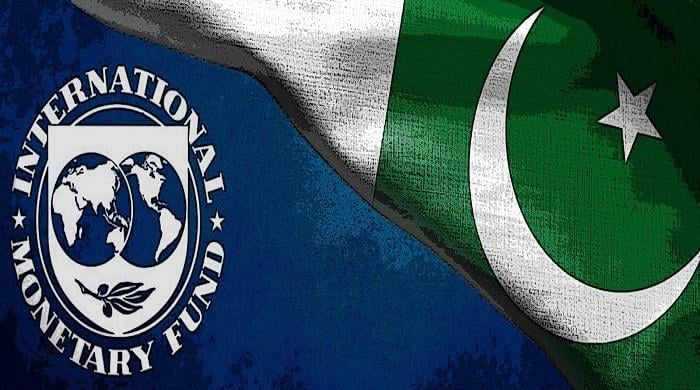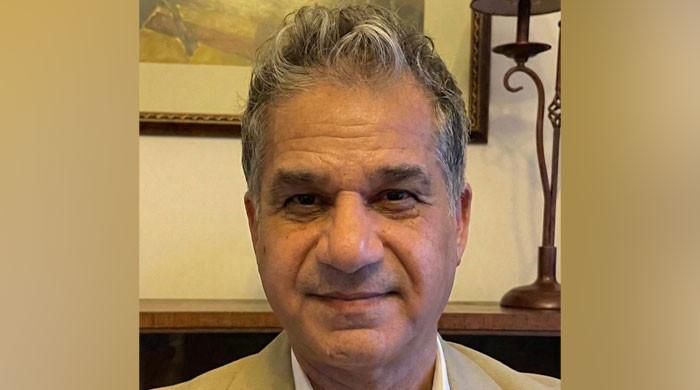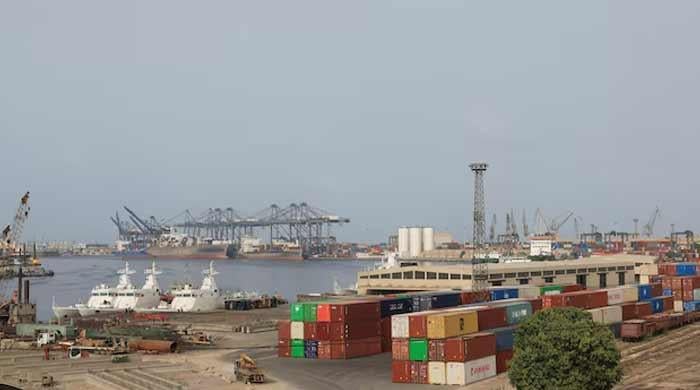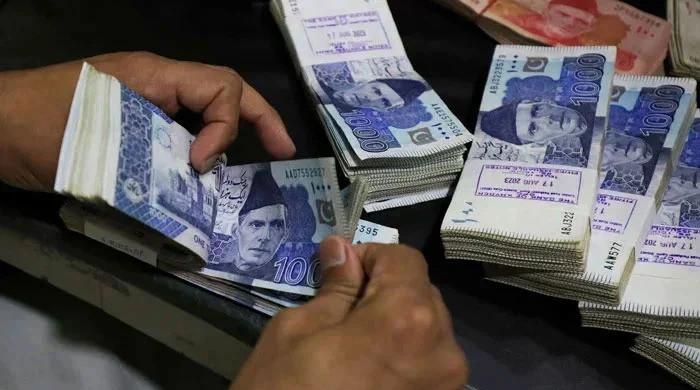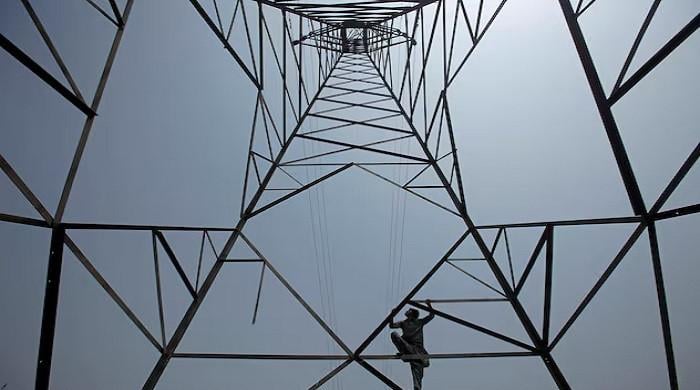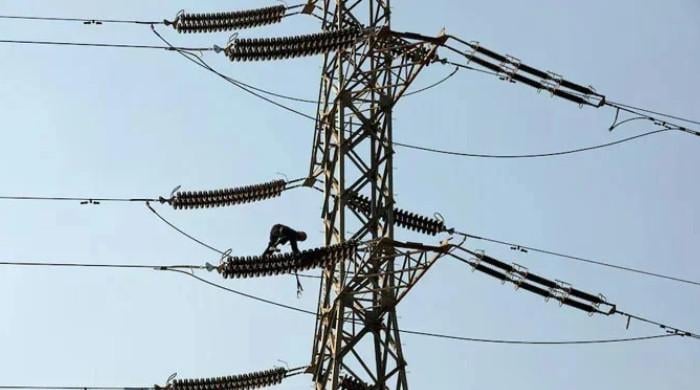Explainer: Are cash-only businesses evading taxes?
FBR officials believe business owners are avoiding payments made through cards to evade taxes
January 21, 2020
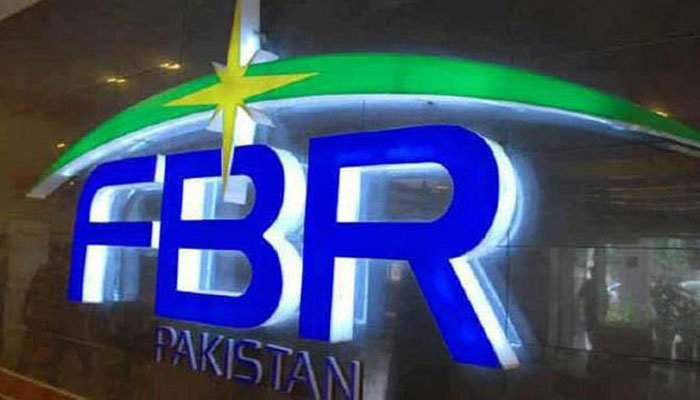
How often have you heard the dreaded phrase, “Sorry we don’t take credit cards” or “cash only, please”?
We are guessing: quite often.
It is a hassle to find the nearest ATM, withdraw the required amount and return to purchase an item at a shop. In most cases, customers would rather skip the transaction altogether.
What are cash-only businesses thinking? Why risk losing customers?
Background interviews with officials of the Federal Board of Revenue (FBR) reveal that business owners may be avoiding payments through plastic money as a means to evade taxes.
Since a large chunk of Pakistan’s economy remains undocumented, and there are no specific laws in the country that require all businesses — small or big — to ensure electronic payments, most transactions are made through cash.
Also read: FBR instructs bakers, sweet marts to integrate sales: report
This, according to officials, does not mean that cash-only businesses are not paying taxes to the state at all. But since taxes, as a rule, are deducted at the point of sale, payments made through debit and credit cards generate an instant receipt. A copy of the receipt is kept with the customer’s private bank, and there is no escaping documentation in this case. But with cash, the total transactions of the month can be underreported by the company to dodge taxes.
What is the FBR doing to document the economy?
The FBR chairman, soon after taking office, laid great emphasis on documenting the economy to increase the tax net.
To this end, he insisted that big businesses, such as textile firms, leather companies and even bakeries, install Point of Sale (PoS) software — therefore implementing a real-time invoicing system — at their cash register.
This was to be done so that the FBR could monitor and record the company’s daily transactions. Retailers would not need to purchase any new machines, but simply download an application.
Those who are required under FBR laws to install the software include:
(a) a retailer operating as a unit of a national or international chain of stores
(b) a retailer operating in an air-conditioned shopping mall, plaza or centre, excluding kiosks
(c) a retailer whose cumulative electricity bill during the immediately preceding twelve consecutive months exceeded Rs1,200,000.
(d) a wholesaler-cum-retailer, engaged in bulk import and supply of consumer goods on wholesale basis to retailers as well as on retail basis to the general body of the consumers
(e) a retailer whose shop measures one thousand square feet in area or more.
Despite resistance from traders and businessmen, the FBR has successfully installed over 4,900 PoS software to date.
The target is to install the software in 20,000 companies all across Pakistan.
How can a business be checked to see if it is paying taxes?
The FBR recently launched a mobile application on Android and iOS known as Tax Asaan. Not only does the app allow a user to file his/her taxes, it also allows users to check if a shop, restaurant or business is in the tax net.
Through one feature of the app, titled ‘Sales Tax Registration’, a person can feed in the invoice number of a transaction to check if that company is in the habit of filing taxes or if it has a fraudulent National Tax Number (NTN).
Also read: Faisalabad-based firm found involved in ‘tax fraud’
The app also allows users to report businesses they suspect are evading taxes.
Business owners defend cash-only transactions
Small business owners that Geo.tv spoke to insist that they avoid plastic payments only because the bank charges them two per cent extra on each electronic transaction, which cuts into their revenue.
They added that cash payments are quicker and easier to complete than the ones made through a card. This way, they can avoid a long queue from forming at their cash counter.




